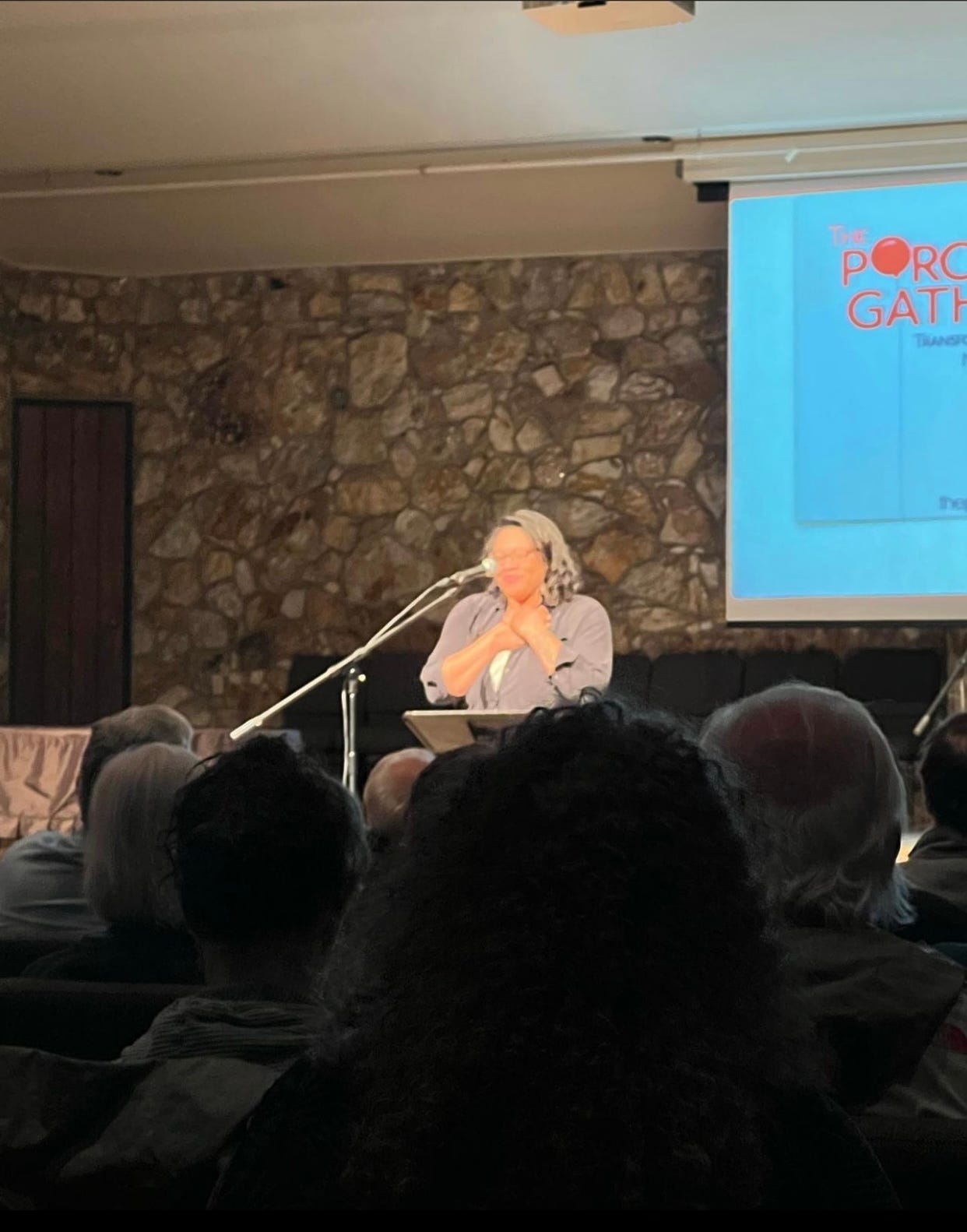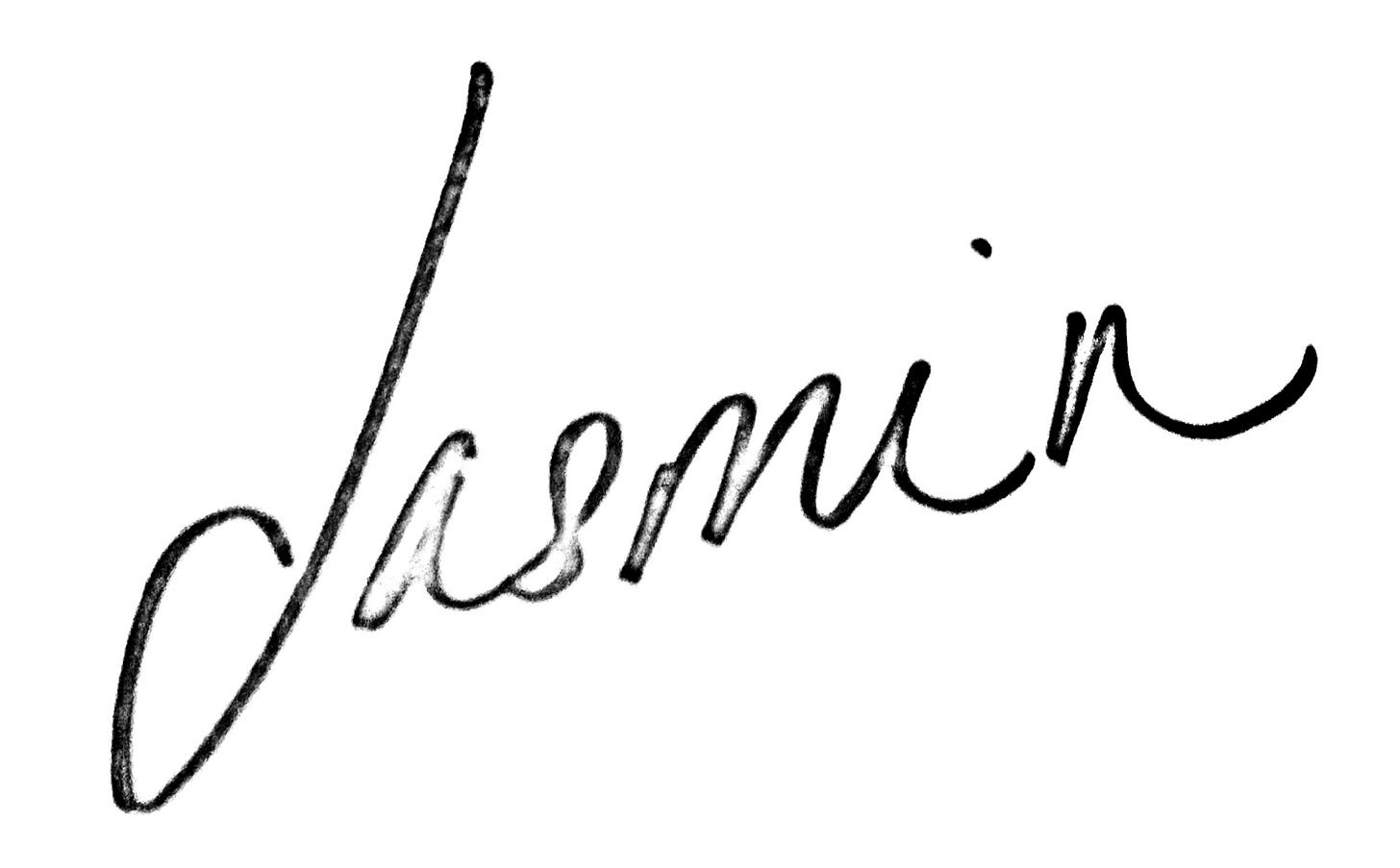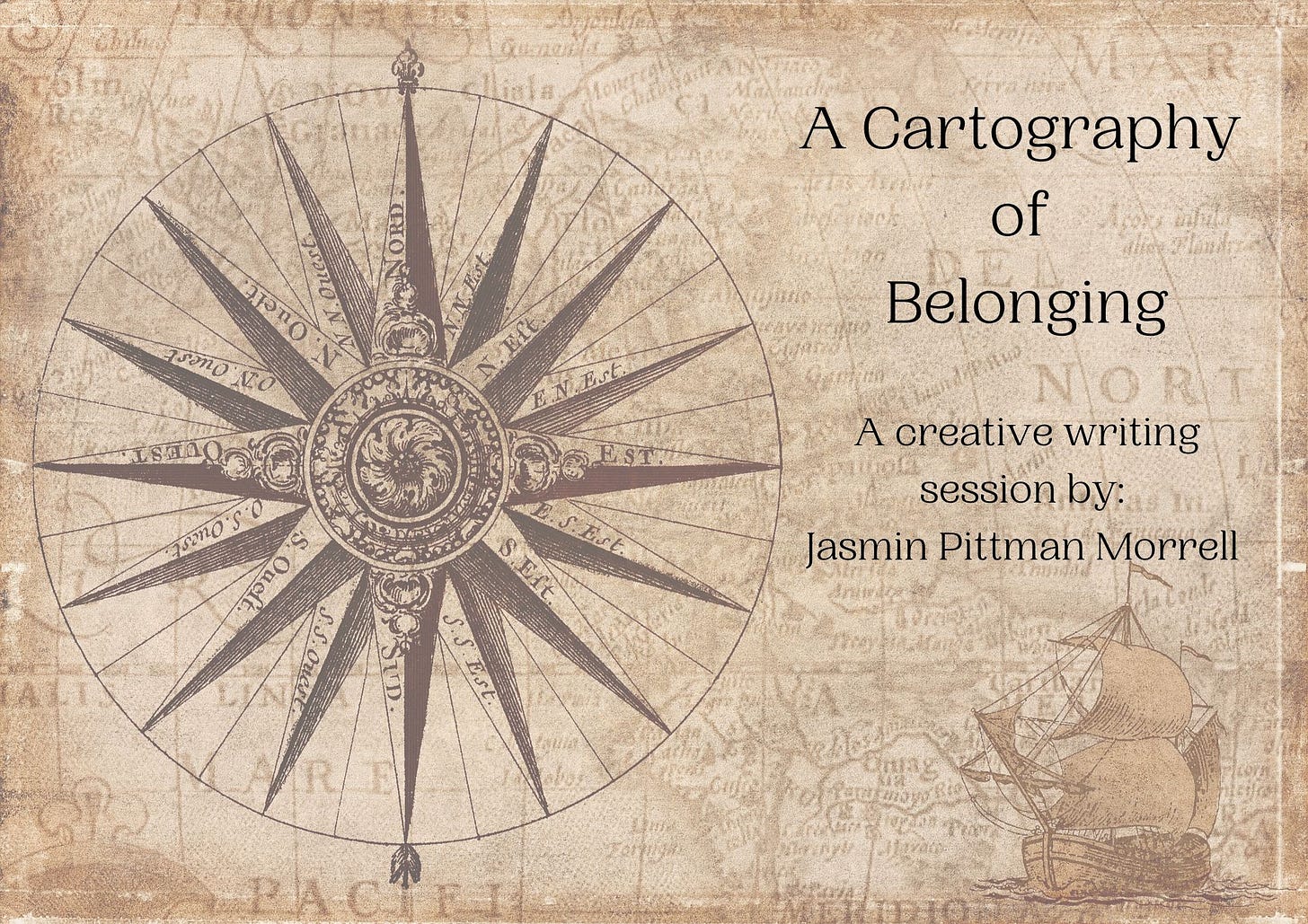It was my birthday last month, dropping me ever more solidly into the category we’ve dubbed “middle-aged,” but it arrived without much of the malaise I’ve been socialized to expect it would.
Yes, my hair is developing silver tributaries. I need readers to see the small print. And, I have emerging grooves creasing my forehead Botox most certainly could have “fixed.” While I don’t necessarily leap for joy at these and other changes of the body, I’ve never felt more at ease in who I am, and who I am uncovering.
(photo credit: Micky ScottBey Jones)
And, there was so much to delight in during the month of March: my oldest child’s theatre production, Save Hamlet, in which I felt all the “proud mom” feels in the courage it takes to perform on the stage; The Porch Gathering, where I had the lovely opportunity to do some storytelling and also facilitate a writing session; celebrating my youngest, most mischievous and therefore silliest, daughter’s birthday; spending lolling, delicious hours tucked away with beloved friends of my soul; and finally, sending my oldest kiddo off to France through their high school’s student exchange program, and experiencing what must be the precursors to empty nesting.
Full. Life continues to feel very full.
I haven’t been asking myself the question, what am I doing with my life, so much as I’ve been wondering, when will I get to do more of the things I want to do, which strikes me not as lost, but as impatience dosed with longing.
In Joshua Rothman’s essay for The New Yorker, “What If You Could Do It All Over?”, Rothman writes,
“Even as we regret who we haven’t become, we value who we are. We seem to find meaning in what’s never happened. Our self-portraits use a lot of negative space…We long to stop longing, but we also wring purpose from that desire.”
That is much of what I’m sitting with these days, the intersection between contentment and longing, and learning to let that tension speak to me its wisdom.
My longing circles creative expression, ambition, and purpose—it’s as if longing is a domesticated creature reliant on a caregiver, begging to be fed and nurtured.
But I’m listening for calls to rewild my creativity, and wondering what it would mean to give creativity more free space to roam, especially in the midst of everyday life.
Perhaps ironically, the answer lies somewhere in the realm of discipline and time management. Hardly the wildest of concepts.
When an interviewer from Bryn Mawr’s alumnae bulletin asked whether or not Toni Morrison felt the demanding activities—editing for Random House, teaching, writing, and mothering children—were conflicting enterprises, Toni Morrison said, “They are not for me. Time is the problem, not the activities.”
I feel this in my bones. My work, and the roles I play in life, are generative, with flow and nurturance baked into their DNA. Time, however, remains a fixed master. Creativity invokes timelessness, production always needs the structure of time.
So, what can I do within the span of a day, and is it enough to satisfy my longing? What can I recognize within the span of a day that is enough to rest in contentment and spark gratitude? And how do either lend to my ever-evolving, wild liberation?
Those are my “I’m middle-aged-now” questions, anyway.
I wonder, at whichever season of life you find yourself in, are your guiding questions?
Wherever this present moment may find you, I hope it is generative, expansive, and above all, freeing. In the words of my late mentor, Valerie Boyd, “I offer you a glimpse into your own bravery, your own greatness, your own transcendent freedom.”
A Cartography of Belonging: Writing Prompts
Created in the height of pandemic lockdown, I grew increasingly curious about the roots of our sense of belonging. The idea of belonging often found its way into my writing during that time, so I wondered if I could craft a creative writing workshop that functioned much like a meditation on belonging as a kind of antidote to disconnection.
Everywhere I looked, it seemed we were all grappling with a profound sense of disconnection and looking to reconstruct our identities at home and work, within our families and relationships, and culturally at large.
So, I looked at the idea of exploring our belonging to self, each other, place, and Spirit.
Over the next two months, I’ll be sharing a poem and writing prompts, each meant to be a gateway to the sensuous poetic and offer a map of your own belonging. Write as much, or as little, as you wish. At the end of the series, you can either create individual poems around each theme, or weave your prompts together to create a longer piece of art.
“We are born and have our being in a place of memory. We chart our lives by everything we remember from the mundane moment to the majestic. We know ourselves through the art and act of remembering. Memories offer us a world where there is no death, where we are sustained by rituals of regard and recollection.” - bell hooks, Belonging: A Culture of Place
Without further adieu, let’s regard and recollect in service of remembering.
“How to Drink Water When There Is Wine”
How to Fly (In Ten Thousand Easy Lessons)
Poems By Barbara Kingsolver
How to stay at this desk when the sun
is barefooting cartwheels over the grass—
How to step carefully on the path that pulls
for the fleet unfettered gait of a deer—
How to go home when the wood thrush
is promising the drink liquid bliss of dusk—
How to resist the kiss, the body forbidden
that plucks the long vibrating string of want—
How to drink water when there is wine—
Once I knew all these brick-shaped things, took them
for the currency of survival.
Now I have lived long and I know better.
Belonging To Self Prompts:
My belonging feels like _______________
When I outsource my belonging, I __________
When I sense desire, it’s like ______________
When I own my truth, it sounds like __________
My wound(s) taste like __________
My healing looks like ___________
Share your writing with me? I’d love to see what this stirred in you!
Listening To…
P.S. “The Shelter" on This Is Love podcast, and I found it incredibly moving. Here’s the episode description from the show notes:
Alex Borovenskiy and Anabell Ramires run a theater in Kyiv, Ukraine. It’s called ProEnglish Theatre, and was used as a bomb shelter during World War II. When Russia invaded Ukraine, Alex and Anabell decided to leave their apartment and go to the theater, where they hoped they might be safe. Then a neighbor showed up and asked if she could join them. “This is how it all started. People started coming and coming and coming.”






It’s not the activities, it’s time itself--that is solid gold. Thank you, Jasmin. 🌕